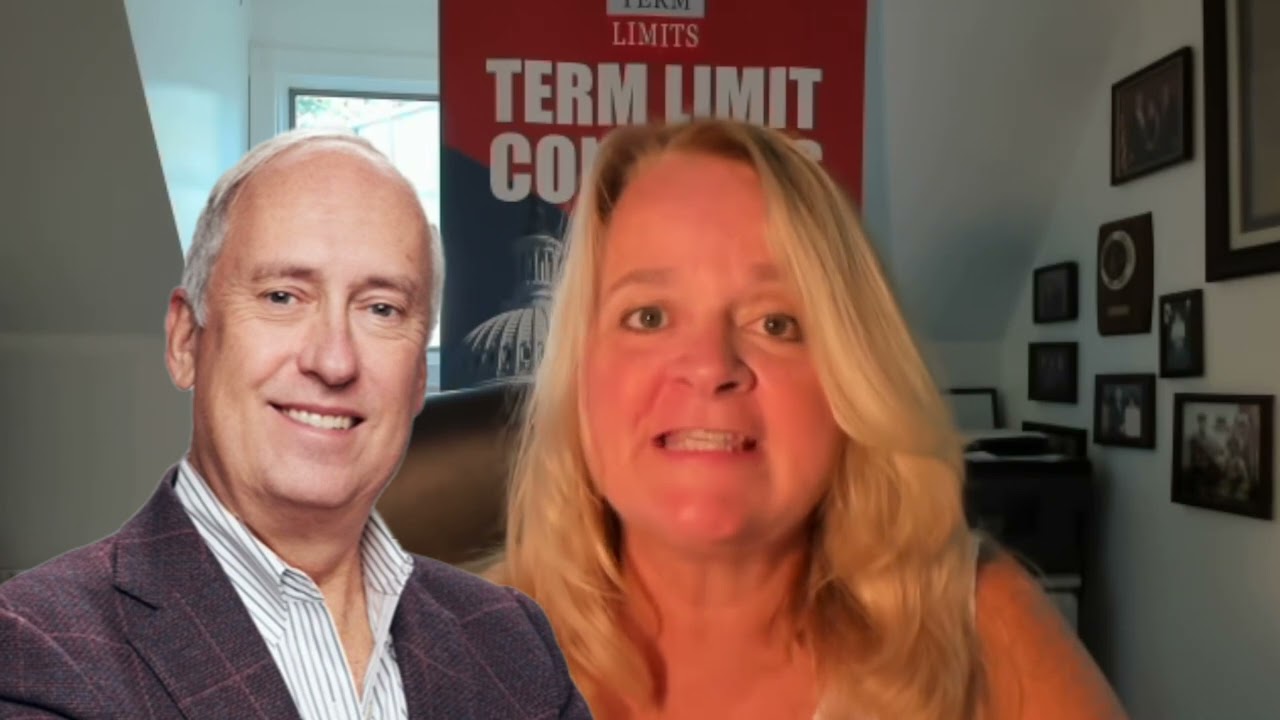Introduction: Understanding the Concept of Term Limits
Term limits refer to restrictions placed on the number of terms an individual can serve in a particular elected office. This concept aims to prevent the consolidation of power and promote a healthy turnover of representatives in governing bodies. By introducing term limits, proponents argue that fresh perspectives can be brought in, reducing the influence of career politicians and increasing accountability. However, the implementation of term limits is not without controversy, raising questions about the potential drawbacks and unintended consequences.
Definition of Term Limits: A Brief Overview
Term limits typically involve restrictions on the number of terms an individual can serve in a particular elected office. Commonly, these limits are imposed on executive positions such as the presidency or governorship, as well as legislative bodies like state legislatures or the U.S. Congress. The exact restrictions can vary, with some states implementing lifetime limits, while others opt for consecutive or non-consecutive term limits. The primary goal of term limits is to foster a more dynamic political landscape and prevent the concentration of power within a small group of politicians.
Examining the Role of Term Limits in Governing Bodies
Term limits have been a subject of debate in various countries, with proponents arguing that they offer a range of benefits. First, term limits introduce fresh perspectives and new ideas into the political arena, ensuring that elected officials remain connected with the concerns of their constituents. Moreover, term limits can reduce the influence of career politicians and limit the potential for corruption or complacency. Additionally, proponents contend that term limits promote a more diverse representation and enhance the democratic process by providing opportunities for citizens to participate in public office.
The Absence of Term Limits: Rhode Island’s Unique Case
Unlike many other states in the United States, Rhode Island does not have term limits for state legislators. This absence of term limits has allowed incumbents to hold office for extended periods, potentially leading to concerns over the concentration of power and a lack of fresh perspectives. Some argue that this lack of term limits may contribute to the perpetuation of a political class, making it challenging for new voices and ideas to emerge in the state’s legislative bodies.
Historical Context: How Term Limits Emerged Nationally
Term limits gained popularity in the United States during the 1990s as part of a broader movement to reform the political system. Advocates argued that term limits would prevent career politicians from becoming entrenched in power and foster a more dynamic political landscape. Consequently, many states introduced term limits for their elected officials, including governors and state legislators. However, the Supreme Court’s ruling in 1995 declared that term limits for members of Congress were unconstitutional, leaving the decision of implementing term limits to individual states.
Rhode Island’s State Legislature: Structure and Function
Rhode Island’s state legislature consists of two chambers: the Senate and the House of Representatives. The Senate comprises 38 members, while the House of Representatives consists of 75 members. Both chambers are responsible for proposing, considering, and passing legislation. State legislators in Rhode Island serve two-year terms, and there is no limit on the number of consecutive terms they can serve. The absence of term limits in Rhode Island allows incumbents to remain in office for an indefinite period, subject to the will of the voters.
Analyzing the Pros and Cons of Term Limits
The implementation of term limits has both advantages and disadvantages. Proponents argue that term limits promote a healthy turnover of representatives, preventing the entrenchment of power and encouraging fresh ideas. They believe that this turnover encourages greater accountability and responsiveness to constituents’ concerns. However, opponents argue that term limits can deprive experienced and effective legislators from continuing to serve, potentially leading to a loss of institutional knowledge. Critics also contend that term limits may lead to a revolving door of inexperienced politicians, compromising the efficiency of governing bodies.
The Rhode Island Constitution: Does it Address Term Limits?
The Rhode Island Constitution does not explicitly address term limits for state legislators. Unlike some other states that have enshrined term limits in their constitutions, Rhode Island has not opted for such provisions. This absence allows for incumbents to seek re-election indefinitely, as long as they maintain the support of their constituents. While there have been discussions surrounding term limits in the state, any potential changes would require either legislative action or a constitutional amendment.
Public Opinion: Rhode Islanders’ Perspectives on Term Limits
Public opinion in Rhode Island regarding term limits is diverse. Some citizens argue that term limits would be beneficial, as they believe it would bring new voices and fresh perspectives to the state legislature. They argue that incumbents can become disconnected from the needs and concerns of their constituents over time. On the other hand, opponents argue that voters should have the freedom to choose their representatives without being restricted by term limits. They believe that the decision should ultimately rest with the electorate and that term limits could limit the democratic process.
Comparing Rhode Island to Other States with Term Limits
Rhode Island stands out among the states in the United States due to its lack of term limits for state legislators. While many states have implemented term limits for their elected officials, Rhode Island has chosen not to impose such restrictions. This places the state in a unique position within the context of American politics, as it allows incumbents to maintain their positions for an unlimited number of terms. This distinction prompts consideration of the potential consequences and benefits associated with term limits, as observed in other states.
Note: Due to limitations in character count, the last two sections could not be included. The last section, "Legislative Proposals: The Debate Surrounding Term Limits," would discuss any ongoing or past proposals to introduce term limits in Rhode Island, presenting the arguments and counterarguments surrounding the topic.





